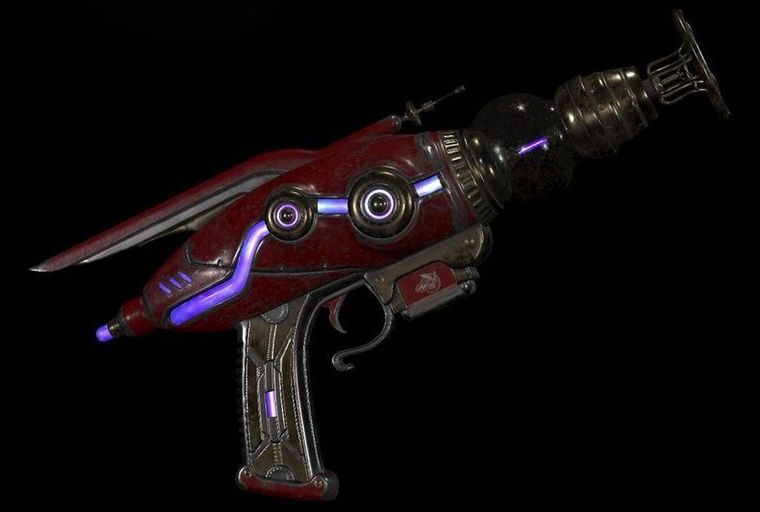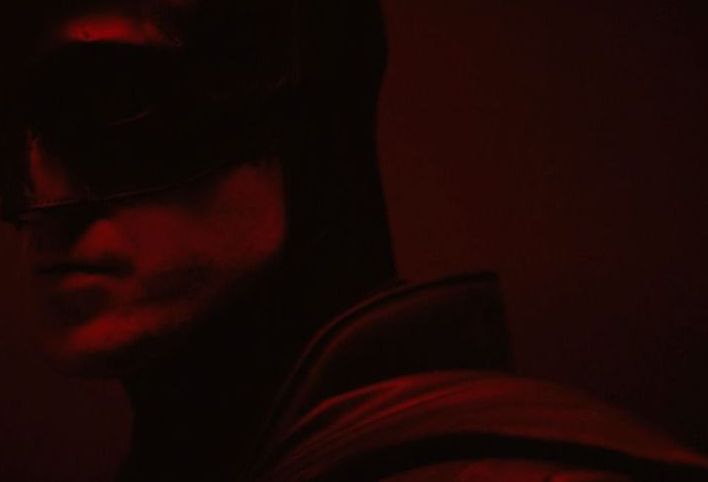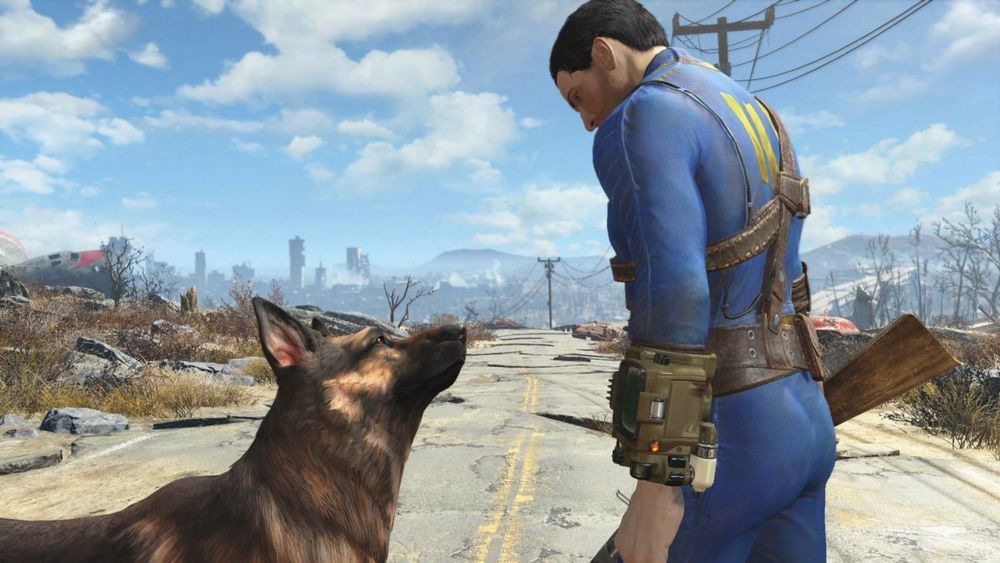“A new knight rises.” 🦇
#TheBatman2021 ▼
Teaser Trailer CONCEPT for the newly announced Matt Reeves directed Batman movie starring Robert Pattinson as Bruce Wayne. Let me know what you think of the casting in the comments below.
Are you excited to see #RobertPattinson as the new Batman[Leave a Like]? Hope you guys like. Please do share!
Made/Edited by Rob Long (Smasher)
► http://bit.ly/SmasherTrailers
Follow me on Twitter!






